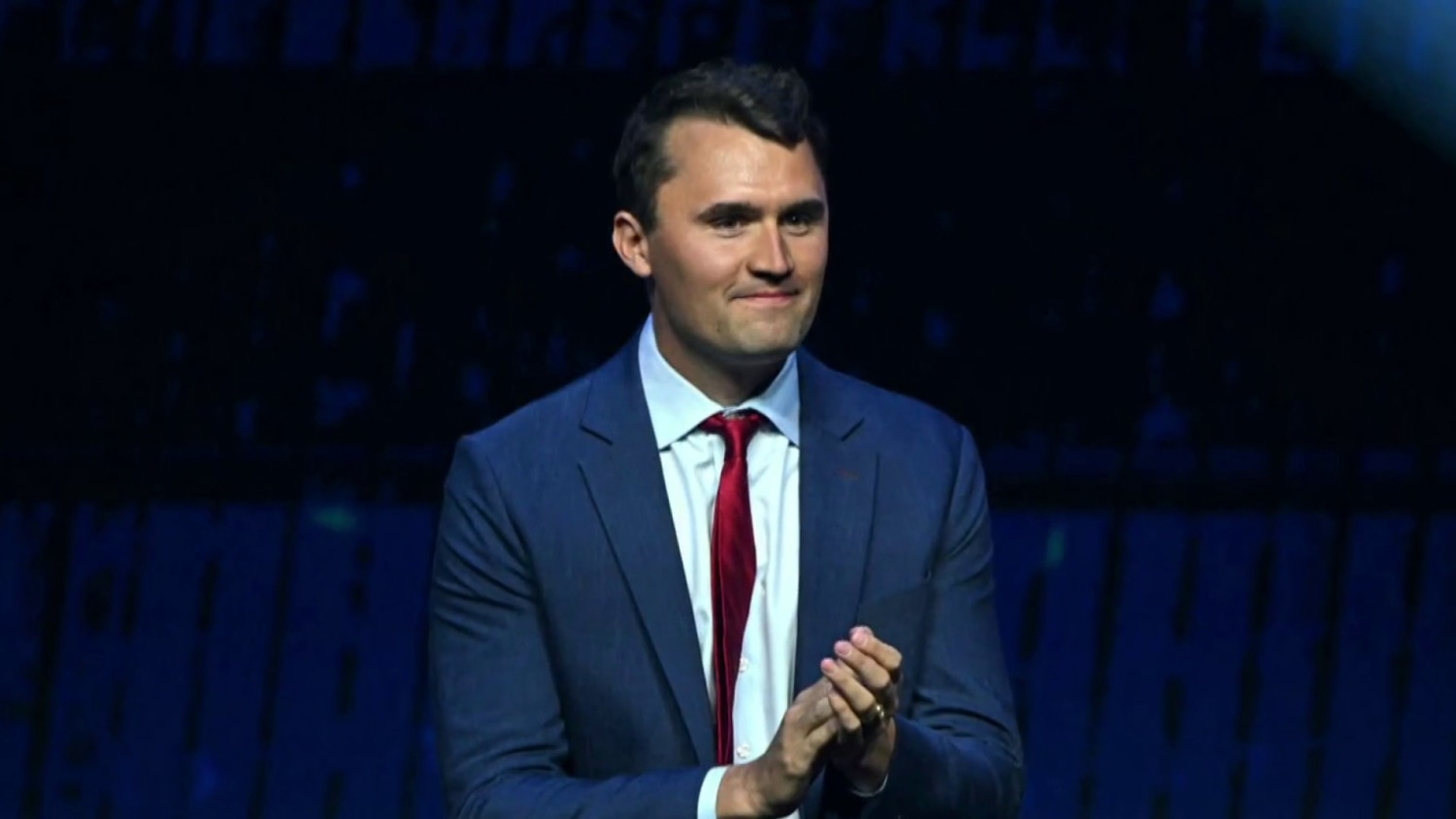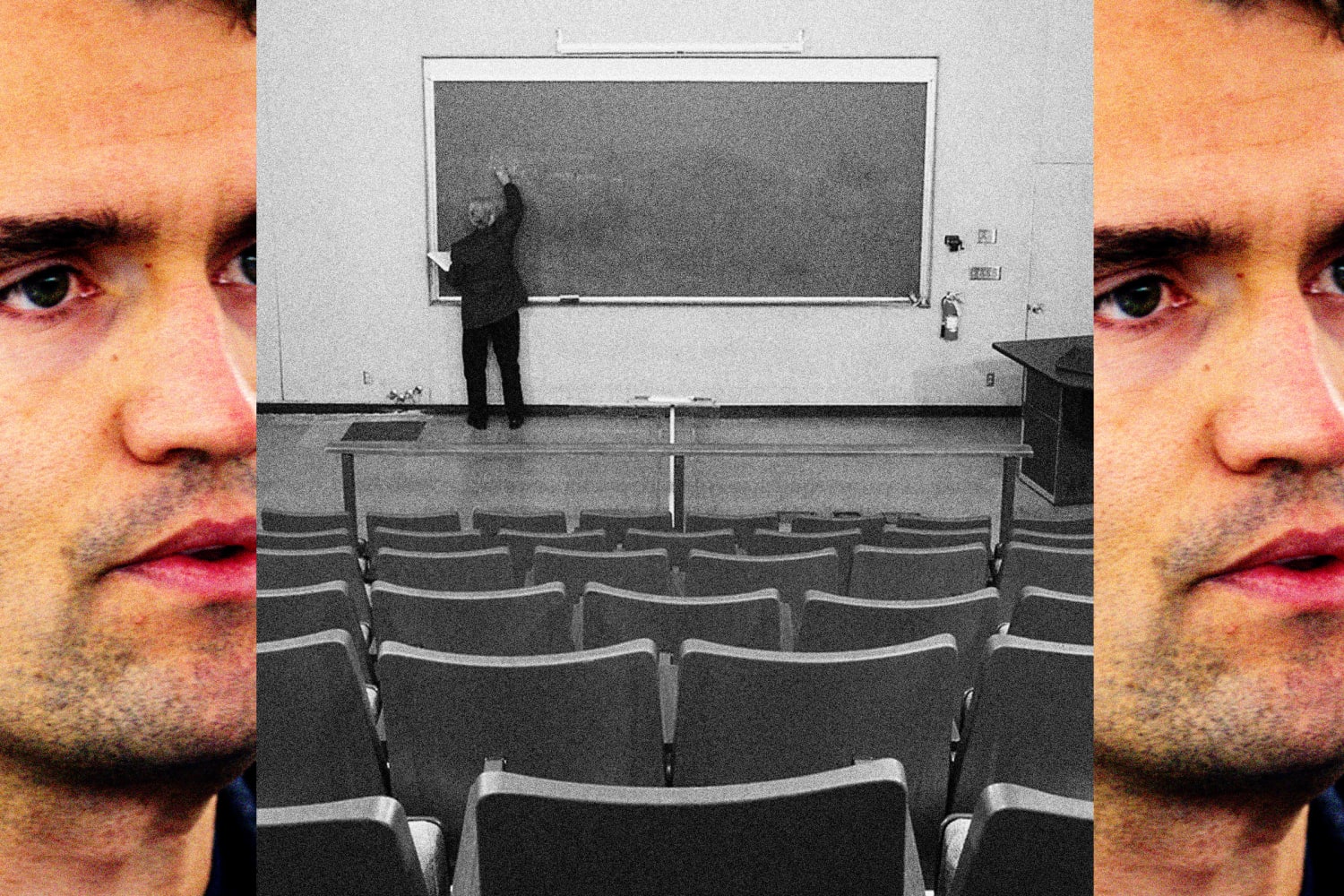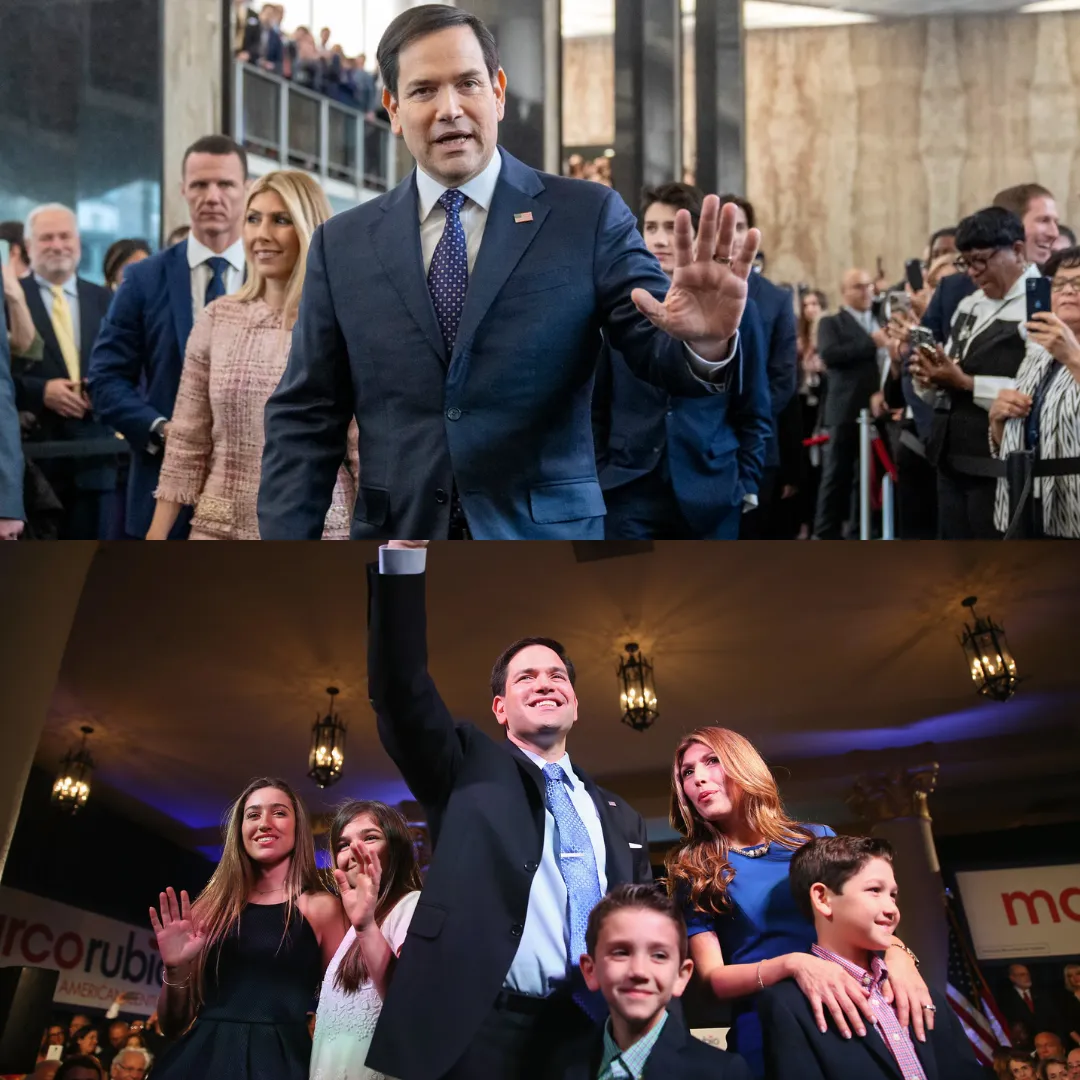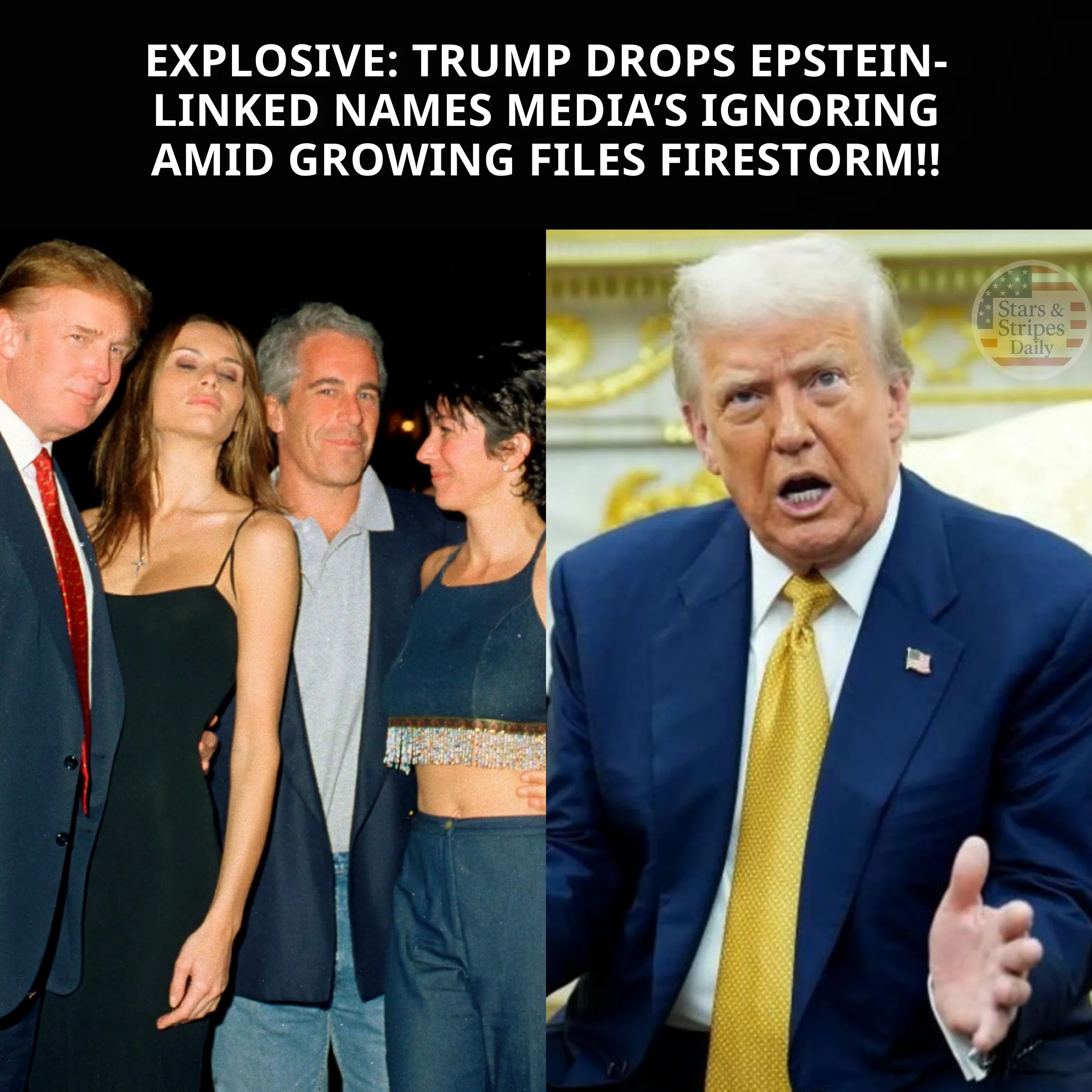A tense school board meeting in Rhode Island erupted this week as three high school students confronted their community’s leaders, demanding the dismissal of a teacher accused of celebrating the assassination of conservative activist Charlie Kirk.
Their impassioned speeches, delivered before parents, faculty, and administrators, spotlighted a deepening national debate about free speech, professional responsibility, and the influence of educators on the next generation.
The teacher, employed at Barrington High School, was placed on administrative leave after reports emerged that he posted a TikTok video in which he mocked Kirk’s killing, dismissed sympathy for the slain Turning Point USA founder, and derided Kirk’s conservative positions.
The video, since deleted, triggered widespread outrage, prompting both student protests and parental backlash. The district has now launched an independent investigation into the teacher’s conduct, though many in the community argue that the case has already crossed a moral line that demands termination.
The most striking voices at the school board meeting were not parents or politicians but three teenage boys, each a student at Barrington High, who stepped forward to deliver remarks condemning their teacher’s behavior. Their speeches—fueled by grief, indignation, and moral clarity—brought the room to stunned silence.
“As the people of the youth, we’ve decided to come up and give our perspective on the subject considering it is our teacher and one of the people that will guide our futures,” one student began.
He spoke with emotion, emphasizing that his generation should never be taught to celebrate death. “No matter what anyone says to me, I will never stand for violence, especially a man who was publicly murdered in front of his wife, one of his children, thousands of students and other bystanders. Charlie was not a racist, he did not hurt anyone sexually and he did not kill anyone. Therefore this was an unjustified cause of death that should never be celebrated.”

The student’s words crescendoed into a direct call for accountability. “If you ask me, Charlie’s children do not deserve to grow up without their father, Charlie’s wife did not deserve to lose her husband, Charlie did not deserve to lose his life because of a different opinion. But this teacher deserves to lose his job.”
A second student, equally forceful, framed the issue as a test of community values. “As civilians and people of a great country, we hold ourselves to a higher standard than to support or worse yet rejoice in violence,” he said.
“Someone who advocated for an arrested murderer and assassinator of one of the greatest debaters and free speakers of our time should have no place in the classroom, more so around young children.”
The third student, his voice shaking, underscored the spiritual dimension of the tragedy. “As a student of Barrington High, I do not feel comfortable or safe with one of our teachers supporting violence. We believe this world needs God because something as cruel as this should never be celebrated. God bless Charlie Kirk and rest in peace Mr. Kirk.”
The storm was ignited by a TikTok video allegedly posted by the Barrington teacher, in which he dismissed sympathy for Kirk in blunt and offensive terms. The teacher characterized Kirk as an opponent of LGBTQ rights, women’s rights, and democracy, before mocking his death.
“This is a man who hated the LGBTQ community, who hated women’s rights, who hated democracy, who thought that he was a big man cause he went to college campuses and debated youth college students and thought he proved how tough he was with his words that he studied ahead of time,” the teacher said in the video. “What a piece of garbage. This is what happens.”
He then went further, questioning whether Kirk’s supporters would now push for stricter gun laws against white men, adding with finality: “Bye Charlie.”
The video quickly spread across social media, sparking anger not only within Barrington but across Rhode Island and beyond. The account has since been made private, though not before students, parents, and reporters saved and circulated clips.
Barrington High School responded by placing the teacher on leave and appointing an independent investigator to review his social media presence.
The district has not commented publicly on the specifics of the case, citing personnel rules, but the move signals that leadership recognizes the seriousness of the accusations.
WJAR reported that the investigation will examine whether the teacher violated district policies regarding conduct, professional standards, or the use of social media.
School board members stressed that the process must follow due procedure, though community members remain sharply divided about whether further action is necessary.
At the board meeting, parents voiced clashing opinions about the teacher’s fate. Some echoed the students’ demands for immediate dismissal, arguing that any educator who celebrates violence cannot be trusted around children. “He shouldn’t be allowed near our children,” one parent said bluntly.
Others defended the teacher’s right to personal expression outside the classroom, arguing that his comments, however distasteful, fell under free speech protections. “Teachers are human beings with political opinions,” one parent countered. “He has a right to express them on his own time, even if we disagree.”
The split underscores a larger tension that has gripped communities nationwide—how to balance free expression with professional responsibility, particularly when educators wield significant influence over impressionable young minds.
The controversy at Barrington High comes amid a wave of disciplinary actions against teachers and professors across the country who have made inflammatory comments about Charlie Kirk’s assassination.
Universities and school districts from coast to coast have reported suspensions, resignations, and investigations as videos and social media posts surface showing educators mocking or even cheering Kirk’s death.
For supporters of Kirk, these incidents represent a disturbing trend of politicization within education. For critics of Kirk, they highlight the challenge of navigating free speech boundaries in a polarized environment. Either way, the fallout has turned classrooms into battlegrounds for cultural and political values.
What makes the Barrington case particularly notable is the central role played by students themselves. Their speeches did not simply echo parental outrage but added a layer of authenticity and urgency. They described their sense of betrayal at discovering that someone entrusted with their education would glorify violence.
“I am neither Republican or a Democrat but violence and the death of an innocent man should never be tolerated especially by a man whose job it is to teach the next generation of the world,” read the caption of a TikTok video posted by one of the students documenting the board meeting. “If anyone thinks it’s okay to kill someone over an opinion and free speech then you really have no humanity.”
The clip of the students’ speeches went viral, drawing widespread praise online for their courage and moral clarity. The Barrington controversy is part of a larger national reckoning about the boundaries of free expression, especially for public employees.

While the First Amendment protects political speech, courts have long recognized that teachers and other government workers may face consequences if their speech undermines their ability to perform their jobs or erodes trust within the community.
Supporters of firing the Barrington teacher argue that glorifying Kirk’s murder directly undermines the teacher’s credibility and violates the moral trust required in a classroom.
Opponents caution that punishing teachers for private speech risks chilling expression and turning schools into ideological battlegrounds.
Charlie Kirk’s assassination at Utah Valley University continues to reverberate nationwide, casting a long shadow over classrooms, political debates, and cultural discourse.
For many, Kirk was not only a conservative activist but also a symbol of free expression on college campuses. His killing in front of students and family members has intensified scrutiny of political rhetoric and its consequences.
At Barrington High, the tragedy feels both distant and immediate—distant because it happened hundreds of miles away, yet immediate because it has touched the lives of students through the words of their own teacher. The sense of betrayal has fueled their demand for accountability.
The independent investigation into the Barrington teacher is ongoing, with no announced timeline for completion. The outcome will likely depend on whether investigators conclude that the teacher’s comments violated school policy or created a hostile environment for students.
In the meantime, the community remains deeply divided. Students continue to call for the teacher’s dismissal, while some parents urge caution and fairness.

The debate is certain to intensify as the investigation proceeds and as the broader national conversation about Kirk’s death and its cultural aftermath continues.
The confrontation at the Barrington school board meeting was more than a local dispute—it was a microcosm of a nation wrestling with grief, outrage, and the boundaries of free expression.
The voices of three teenage boys demanding accountability for their teacher cut through partisan noise, reminding their community of a simple truth: violence should never be celebrated.
Whether the teacher keeps his job or not, the episode has already left its mark. It has shown that students are not passive bystanders but active participants in shaping the moral standards of their schools.
And it has highlighted, once again, how the assassination of Charlie Kirk has become a test not just of politics but of values at the heart of American life.



-1750486704-q80.webp)


